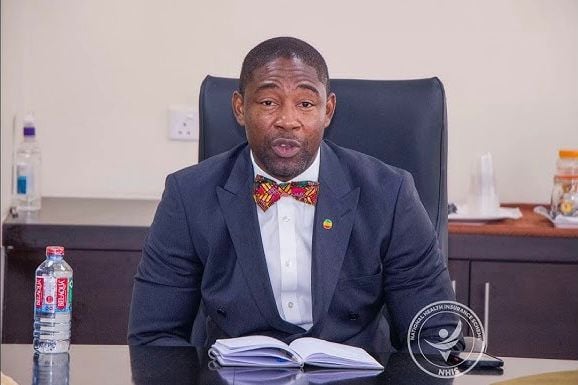Dr. Bernard Okoe Boye, the former Member of Parliament for Ledzokuku, has voiced serious concerns about the perceived politicization of the Ghana Police Service and its potential impact on public trust. He alleges a distinct bias in police actions, favoring members of the ruling National Democratic Congress (NDC) while swiftly apprehending activists of the opposition New Patriotic Party (NPP). This alleged partiality, he argues, undermines the rule of law and creates an environment of fear and intimidation, contrary to the democratic principles upon which Ghana is founded. He specifically cited the attack on former Minister Hawa Koomson during the Ablekuma North parliamentary election rerun as a prime example of this disparity, where alleged perpetrators affiliated with the NDC reportedly faced no consequences. This perceived double standard, he warns, erodes public confidence in the police force and its ability to impartially uphold the law.
Dr. Okoe Boye’s concerns are rooted in the broader context of the NPP’s “Yɛn Suro Ahunahuna” (We Fear No Intimidation) protest, a demonstration against what the party perceives as a growing pattern of politically motivated harassment and violence. The protest serves as a platform to highlight the alleged intimidation tactics employed against opposition members and to demand equal protection under the law for all citizens, regardless of their political affiliations. The core message of the protest, according to Dr. Okoe Boye, is that Ghanaians voted for progress and development, not political persecution. He emphasized that the NDC was elected to improve the lives of citizens through better education, healthcare, and environmental management, not to suppress dissent or target political opponents.
The former lawmaker’s central argument revolves around the critical role of the police in a democratic society. He stresses that the police force’s legitimacy and effectiveness depend on its neutrality and professionalism. Allowing political influence to dictate police actions, he argues, not only compromises justice but also jeopardizes the stability and security of the nation. He warned that if the police continue to be perceived as a tool of the ruling party, they risk losing public trust and becoming ineffective in their core mandate of maintaining law and order. This erosion of trust, he fears, could lead to heightened social unrest and further polarization of the political landscape.
Dr. Okoe Boye’s call for police neutrality resonates with broader concerns about the integrity of democratic institutions in Ghana. A politicized police force, he suggests, can be used to suppress dissent, intimidate opposition voices, and manipulate electoral processes. This can create a chilling effect on free speech and political participation, ultimately undermining the foundations of democracy. His appeal for professionalism within the police force underscores the importance of an independent and impartial law enforcement agency that serves all citizens equally, irrespective of their political leanings.
The alleged incidents of selective enforcement of the law, as highlighted by Dr. Okoe Boye, raise questions about the government’s commitment to upholding democratic principles. If the ruling party is indeed using the police force to target its opponents, this represents a serious abuse of power and a threat to the rule of law. It is crucial for independent oversight bodies and civil society organizations to monitor police conduct and hold the government accountable for any instances of political interference in law enforcement. A robust and independent judiciary is also essential in ensuring that all citizens have access to justice and that the law is applied fairly and impartially.
The “Yɛn Suro Ahunahuna” protest serves as a reminder of the ongoing struggle to maintain and strengthen democratic values in Ghana. Dr. Okoe Boye’s message highlights the need for constant vigilance and engagement by citizens to protect their fundamental rights and freedoms. A healthy democracy requires a vibrant civil society, a free press, and independent institutions that can hold those in power accountable. The future of Ghana’s democracy, he suggests, depends on the collective commitment of all stakeholders to upholding the rule of law and ensuring equal justice for all. The call for police neutrality is not merely a political plea; it is a fundamental demand for a just and equitable society.














